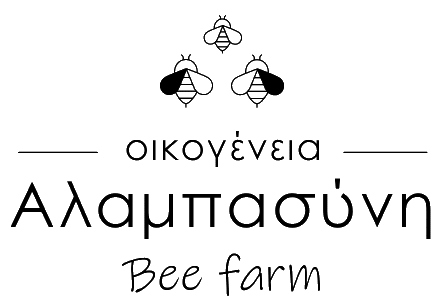Rosemary is better known by the name arismari or rosemary which comes from the Latin name of the plant, Salvia rosmarinus. It adapts easily and has no significant care requirements. Perennial shrub, multi-branched and dense, with needle-like leaves. It grows to one to two meters and displays wonderful fragrant flowers with a light blue color ...
More-
A bee on rosemary
-
A bee on thyme
Thyme has both creeping and erect growth and reaches a height of up to 40 cm. It thrives in both hot and cold regions, because it is resistant to high and low temperatures. We prefer to plant it sunny locations, although it can also grow in semi-shaded areas. It has no special requirements as to the type of soil to be planted in, as long as it has good drainage. Cultivation of thyme requires less watering, once a week in spring and autumn, but twice a week in the hot summer. It is used as a seasoning in many cooking recipes, salads and roasts. Due to its strong, slightly bitter taste and unique aroma. It is harvested in June during its flowering period. Thyme is harvested by cutting off the aerial part of the stem together with the flowers. Which are then dried in a shady place at temperatures of 25-30°C.
More -
A bee on oregano
Oregano has no special requirements in soil, as long as it has very good drainage to excess remove water. It is cultivated, even in very poor, dry and stony soils. Oregano gives us rich vegetation and flowering when planted in sunny places. It is resistant to heat during the summer and ...
More -
A bee on lavender
Lavender is an ideal plant for rock gardens and low borders, as it is one of the tallest aromatic plants that reach up to a meter in height
More
Lavender needs sunny places, although it can grow in partial shade as well. It should be noted that it is resistant to the hot dry thermal environment of summer and withstands the cold of winter.
It has no special requirements for watering or fertilizing. Needs watering once a week.
Lavender flowers:
Place a few flowers under our pillow, to give yourself a pleasant sleep experience... Lavender is a natural moths repellent. We keep lavender flowers in our wardrobes, to protect our clothes from moths and to perfume them at the same time. It is also used to make natural insecticides.




